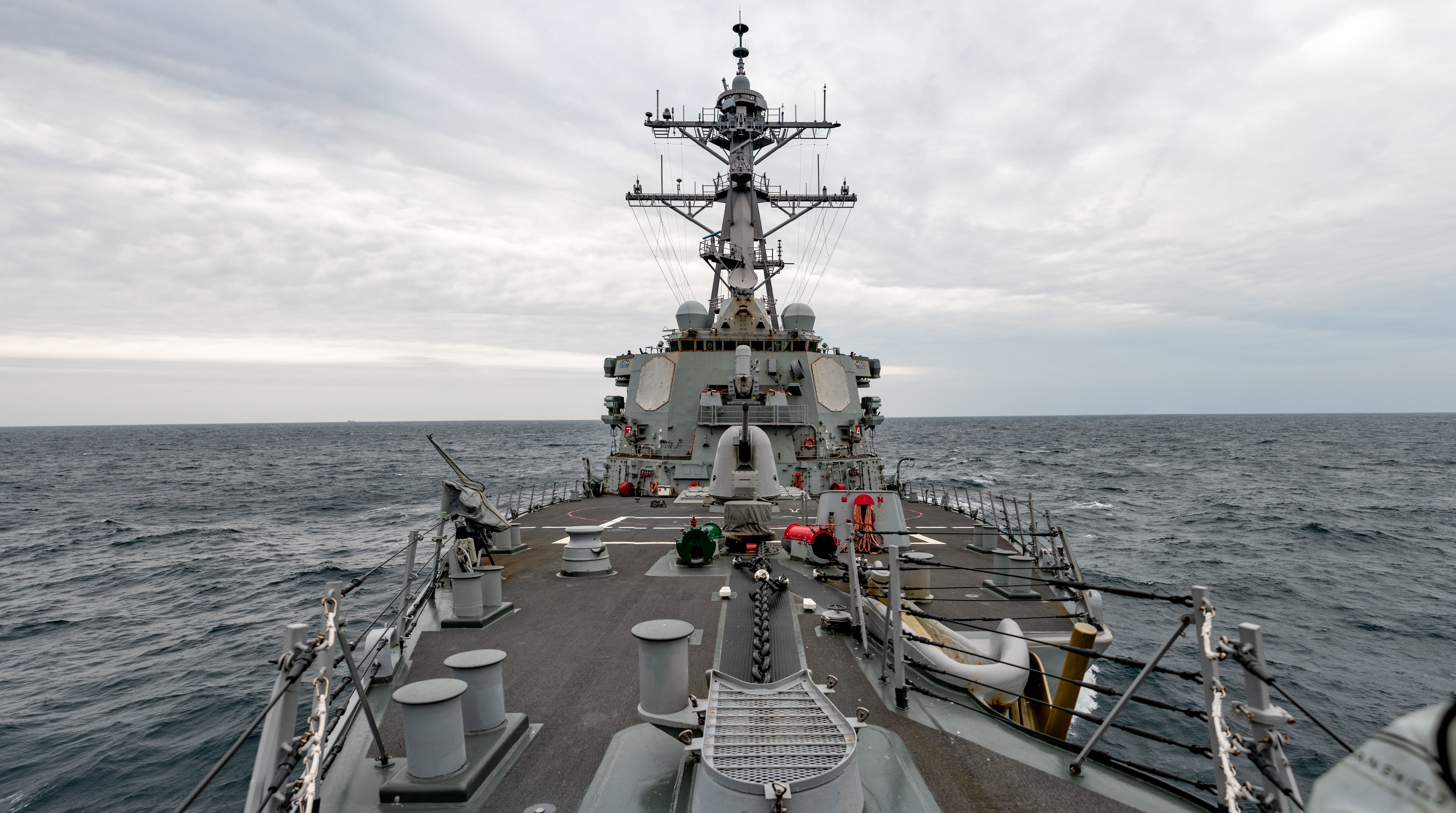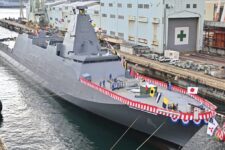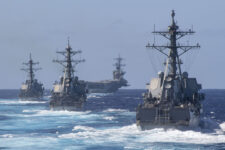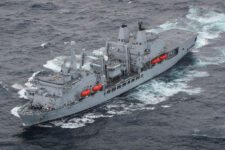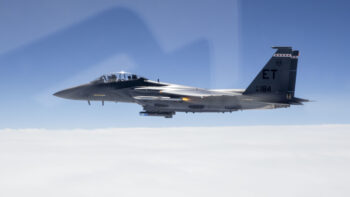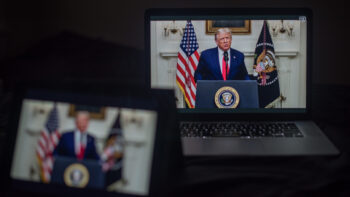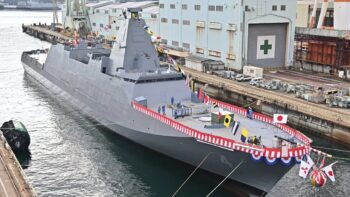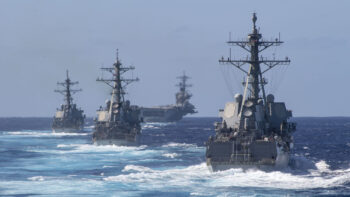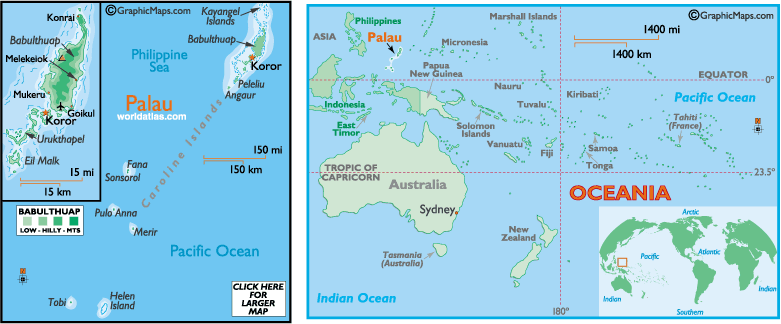
“Palau is indispensable to our national security and funding the compact is key to our strategic presence in the region.” That’s what the Defense Department’s 2018 budget request says — but the House Armed Services Committee disagrees, defunding a $123.9 million payment that gains us access to the islands.
Why is Palau indispensable? Look at the map. That will help. It commands approaches to the Philippines and to Indonesia, as well as Papua New Guinea. And, of course, they flank the Marshall Islands, as well as a wide range of Pacific islands flanking our ally Australia. Also, one source notes that the importance of Palau airfields have taken on “increased importance for PACOM/PACAF given Duterte and his rhetoric in the Philippines.” It provides “a more guaranteed form of access to airfields in the second island chain,” this source says.
And you can read what the head of Pacific Command, Adm. Harry Harris, told the Senate Armed Services Committee on April 27:
I strongly urge Congress to pass legislation to approve and implement the 2010 Palau Compact Review Agreement at the earliest opportunity. The passage of this legislation will have a significant impact on our defense relationship with Palau, and will provide a measurable advantage in our strategic posture in the Western Pacific.
The problem is that the House Armed Services Committee doesn’t seem to think Palau is important enough to warrant taking money from the Defense Department budget and sending it to the Interior Department, which is what the budget request would do. So, they’ve peeled the money out of their version of the 2018 National Defense Authorization Act, according to two sources familiar with the issue.
The US is responsible for the defense of the Pacific islands. We were granted access to the island chain for 50 years under a Compact of Free Association. As part of that agreement, we owe Palau $123.9 million over the next seven years ($17.7 million a year). In return for that, we get exclusive access to the islands.
If the US were to fail to pay for the compact, you can be sure China would make a nice offer. And, if the Chinese were smart, they would run a nice story in Global Times or Xhinhua about the US abandoning one of the tiny island states of the Pacific, which they already assiduously court. All you have to do is look at what has happened in Fiji over the last few years.
In its legislative proposal justifying the request to Congress, the Trump administration says: “This agreement gives the U.S. military critical access and influence in an increasingly contested region where China has constructed artificial islands, installations, and structures and militarized the South China Sea.”
We don’t know a great deal about what the US does in Palau. “In fact, for us it’s a necessity because it assures access to Palau, which is prime geography to operate from. Can’t say more here, but you get the point,” one source tells us.
If much of what the US does in Palau is so sensitive that it’s classified that, in itself, would seem to argue strongly that a relative pittance of $123.9 million over seven years might supersede the technical concern of the HASC about transferring money from the DoD budget to another department.
My bet is that the Senate Armed Services Committee, led by one Sen. John McCain, will make a very persuasive argument in the NDAA conference that Palau receive the money America committed to pay it, period.
Pacific political turmoil, AUKUS, and the looming Taiwan deadline: 2025 preview
The next year will start to feel the shadow of 2027 — the year by which the US says Chinese President Xi Jinping has said he wants to have the ability to execute an armed takeover of Taiwan.

